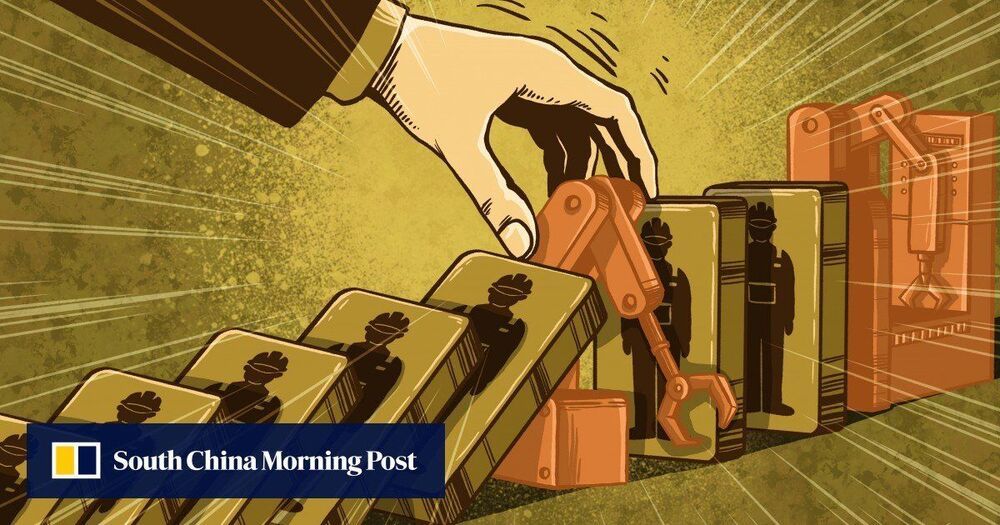Space weaponization is on the rise between the 3 super powers. This is dangerous and it could lead to the Stone Age.
HELSINKI — Russia and China have formally invited countries and international organizations to join the International Lunar Research Station (ILRS) project being developed by the two nations.
China National Space Administration (CNSA) and Russia’s Roscosmos said the ILRS project would be open to participation at all stages and levels. This includes planning, design, research, development, implementation and operations.
CNSA and Roscosmos will promote extensive cooperation for the development of human space science and technology and socio-economic progress, said CNSA deputy director Wu Yanhua.






